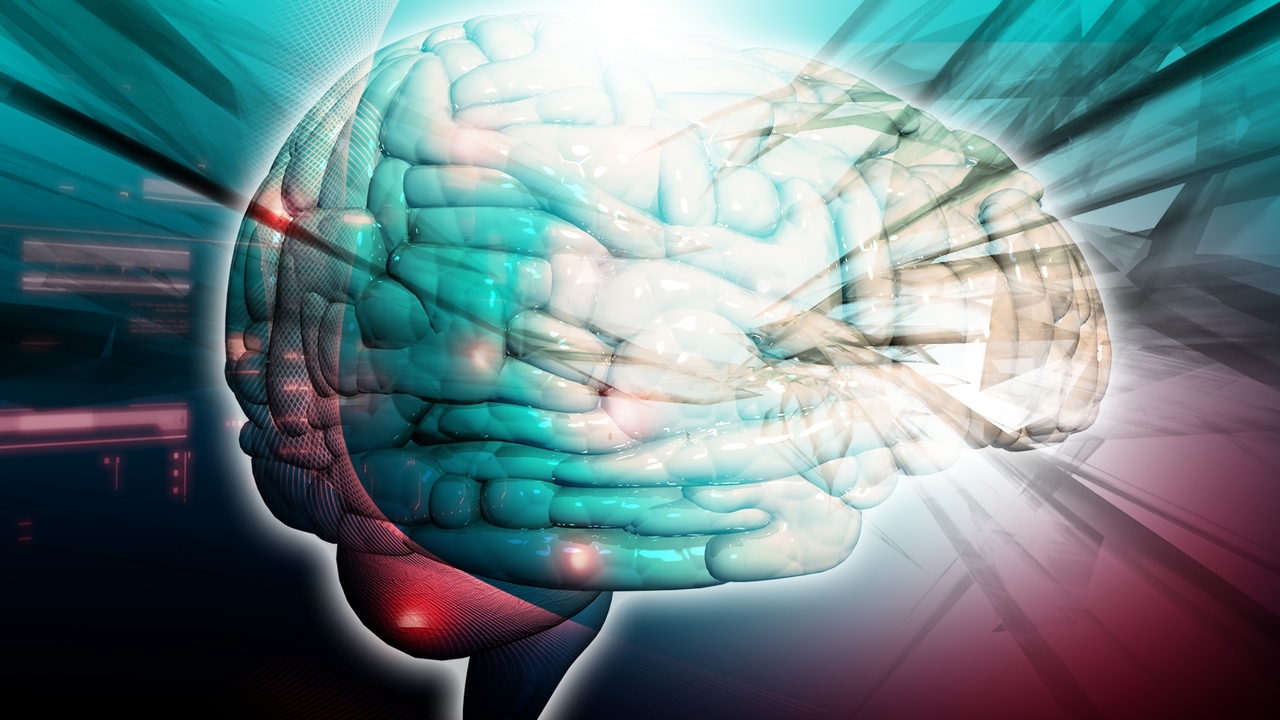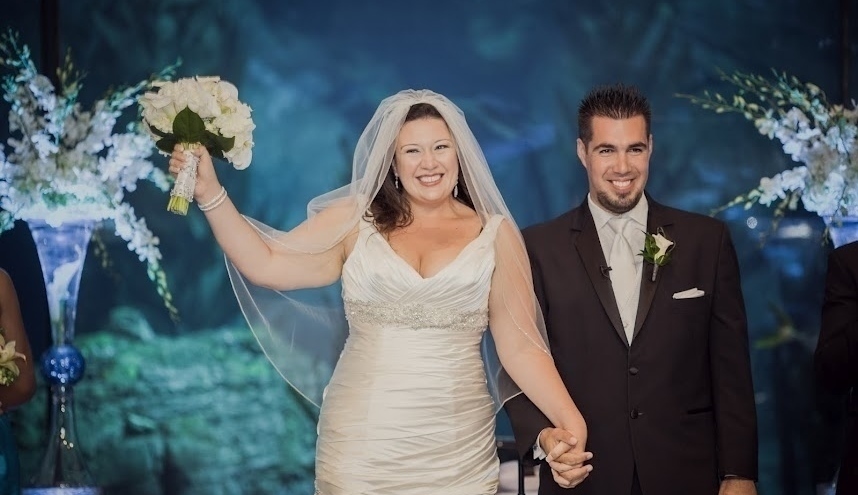You're an energetic woman in your mid-fifties, fit and in vibrant health. Life is good. You're out for lunch with a friend and as you sip your tea, you begin to experience chest pain, shortness of breath and heart palpitations. You wonder if you're having a heart attack.
But what you are having is a stroke.
Men and women have many similar symptoms at the onset of a stroke. They are:
1. sudden numbness or weakness in face, or limbs, especially on one side of the body rather than both sides;
2. sudden confusion, difficulty in speaking or understanding; sudden trouble seeing with one or both eyes;
3. sudden difficulty in walking, dizziness, balance or coordination loss; and sudden severe headaches with no known cause.
All of these are sudden onset, and all should be taken seriously even if they appear temporarily and then disappear. These symptoms can all be signs of stroke in men and in women.
But you're having chest pain, you can't breathe, and your heart's pounding out of your chest. None of the symptoms you're experiencing show up on the list. There's nothing to suggest to you that you are having a stroke.
They're frightening symptoms though, and your friend has the good sense to call 911. It's important that she calls right away, because there are interventions that are potentially life-saving that must be done within three hours of onset. The more time passes without treatment, the more damage will be done to your brain.
Then it's off to the hospital and if you're lucky, you'll get fast efficient treatment. If you're unlucky, you will be passed from hand to hand without a correct diagnosis and thusly no correct treatment being set in motion. And the time ticks away ...
Unfortunately things could go either way at the hospital. For some reason, many doctors and medical staff don't recognize a woman having a stroke as quickly as they will a man. There remains a long-obsolete belief that women don't have strokes, at least not as often as men. And women may present with different symptoms than a man. So many doctors aren't looking for this even though, in actual fact, more women than men die of strokes every day, and stroke is the third leading cause of death for women.
You're going into the hospital now. Which treatment will you receive? Will you be quickly diagnosed and treated? Or not?
Resources
Centers for Disease Control and Prevention - Stroke
I spent 15 years losing the battle against CFS. Two years ago, I found treatment that worked for me, and now I am making a comeback.
http://www.ncubator.ca
http://ncubator.ca/blogger






Add a Comment2 Comments
Hey anonymous, thanks for writing and happy to see you enjoyed the article. Have you experienced a stroke and you're running into issues with obtaining coverage? Can you share a little more about your situation? Thanks!
August 6, 2009 - 2:05pmThis Comment
This article is very helpful for me since I'm older now.It got me to thinking. With my health insurance, I've got two options. And I don't know which one is best for strokes.
August 4, 2009 - 7:43amThis Comment